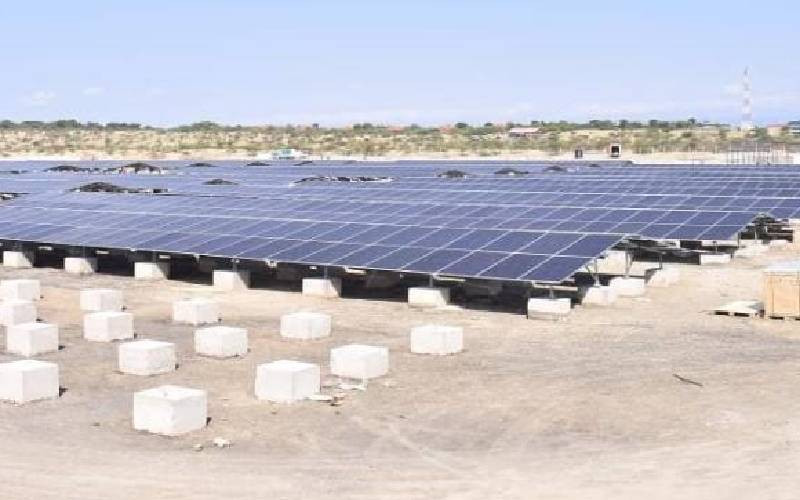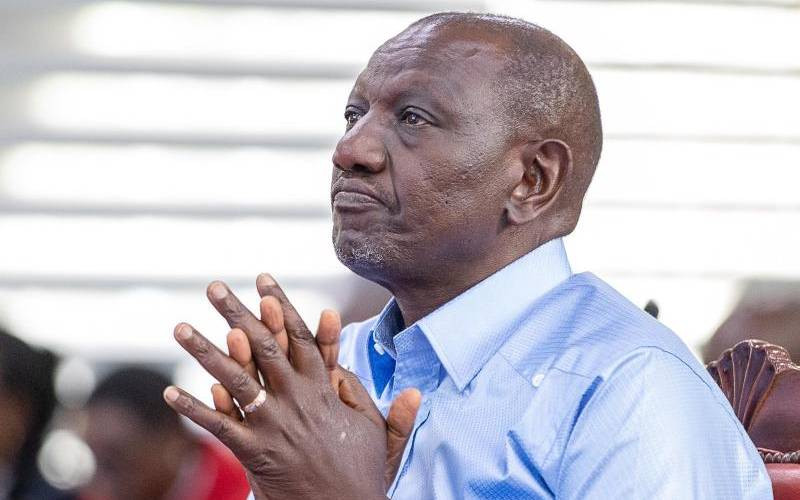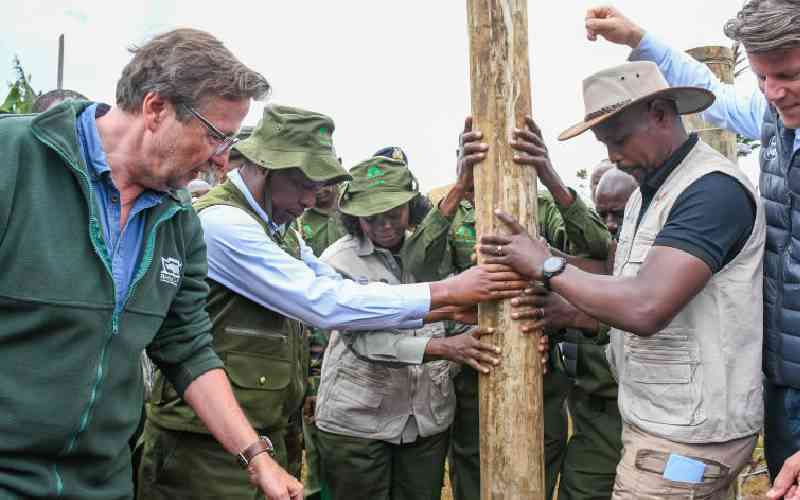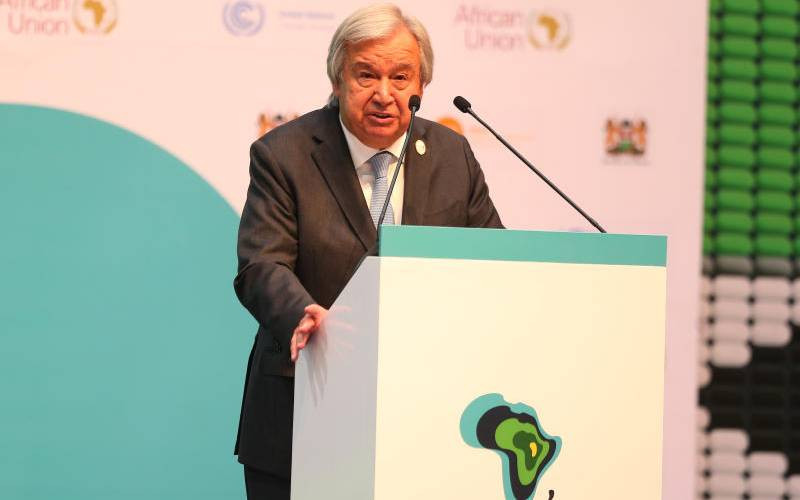
The chorus is familiar: Africa suffers some of the worst climate disasters despite being the least contributor to the cause, an unsustainable rate at which the globe is warming courtesy of Greenhouse Gas (GHG) emissions.
Recent reports indicate that in every 10 of the world’s worst climate-hit countries, eight are in Africa. The biggest contributors often commit to raising funds towards climate action, but sometimes renege.
The justice aspect has been a source of debate. The interpretation and application has largely depended on one’s standpoint, bringing out the political and ethical issues, and sometimes forcing doubt on where responsibility lies, necessary action and if there really is equity in dealing with the matter. The controversy surrounding interpretation of such terms as “just transition” or “climate justice” or “Loss and Damage”, and where to place the non-economic losses in compensation is sometimes by design. A small change in the meaning of such terms is capable of affecting response to the problem at hand. Beyond the semantics, some key issues have been left out of the agenda at critical UN-led climate talks. Before 2022, it took decades for Loss and Damage fund to make it to the official agenda at the COPs. Debating such matters at crucial global and local avenues enables dealing with them, even if to an extent.
The just concluded June climate talks (SB62) in Germany, where the push for formal adoption of Just Transition into the UN climate process was successful, is a win. The talks are sort of a precursor to the annual global COP engagements that happen every end of year. Yes, climate disasters, conflict and inequality are not unique to Africa, but what happens in the process of improving the situation? Just Transition is crucial because the likelihood of the welfare of the common worker, indigenous persons, and communities at the front-line of the climate crisis being forgotten in the process of transition to renewable energy and other efforts in climate action is high. Africa, standing as a moral compass, reminding the world of the urgent need for climate justice, is also a victim, together with its workers who eke out a living from fossil fuel extraction. It is therefore key to have policies that encourage fairness even as Africa advances to greener operations.
This is a reminder that Africa’s development must not be sacrificed in the name of global decarbonisation, but supported to go into sustainable, equitable future. As countries submit their updated Nationally Determined Contributions, they must lay proper frameworks that prioritise investment in renewable energy, job creation in green sectors, and social protections for workers.
As the African Group of Negotiators (AGN) prepares for COP30 later this year, it must prioritise demands for finance for Just Transition. Wealthy nations just need to rethink their priorities, and, for instance, stop funding war. The AGN must demand elimination of loans and increased grant-based finances for climate action.




The funding must enhance agricultural production and create renewable energy solutions that also create opportunities for those who lose their jobs in the transition from carbon-intensive industries. They must protect fisher communities and indigenous communities whose care for nature contributes to carbon sequestration and conservation.
Finally, the change in the Bonn boardrooms, and its ilk, must be felt in the streets, especially by working with civil society groups, faith leaders, youth, journalists, indigenous groups in the just transition efforts, not just lobbyists and profiteers. The road to COP30 is an opportunity to demand what is fair, because Africa’s development needs to be largely powered by the sun and wind, not debt and extraction.
The writer is a contributing editor at Mongabay